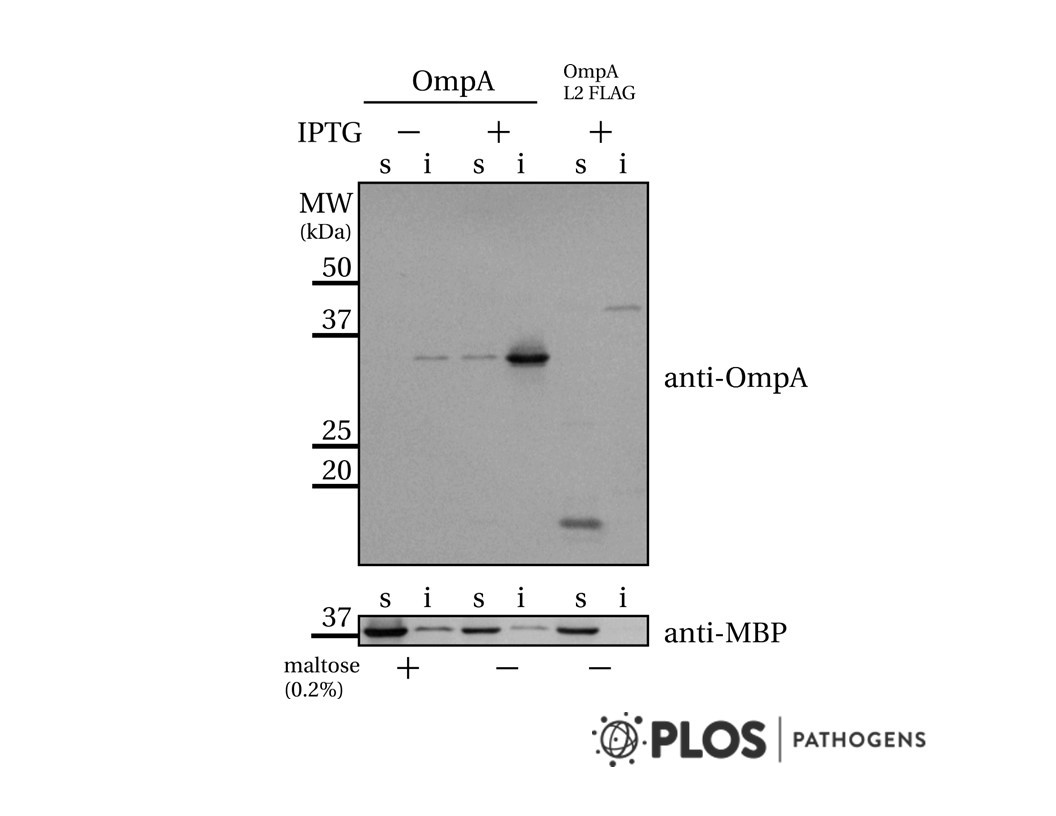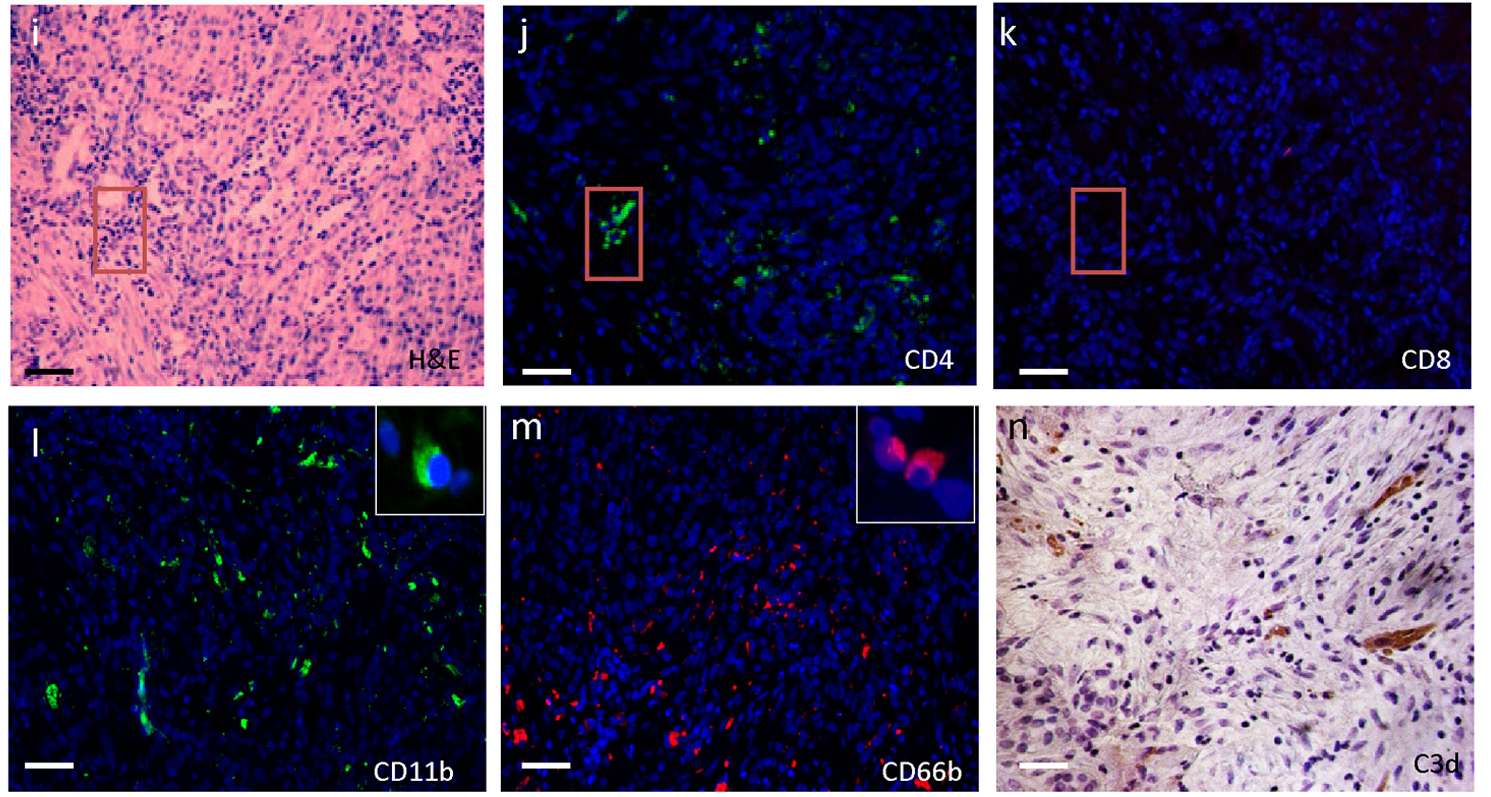
Cat. #151272
Anti-TK15 epitope tag [TK 15] mAb
Cat. #: 151272
Sub-type: Primary antibody
Unit size: 100 ug
Availability: 3-4 weeks
Target: TK15 epitope tag
Class: Monoclonal
Application: IF ; IP ; WB
Reactivity: Xenopus laevis
Host: Mouse
£300.00
This fee is applicable only for non-profit organisations. If you are a for-profit organisation or a researcher working on commercially-sponsored academic research, you will need to contact our licensing team for a commercial use license.
Contributor
Inventor: Julian Gannon
Institute: Cancer Research UK, London Research Institute: Clare Hall Laboratories
Tool Details
*FOR RESEARCH USE ONLY (for other uses, please contact the licensing team)
- Name: Anti-TK15 epitope tag [TK 15] mAb
- Research fields: Cell biology;Tags and cell markers
- Clone: TK 15
- Tool sub type: Primary antibody
- Class: Monoclonal
- Conjugation: Unconjugated
- Reactivity: Xenopus laevis
- Host: Mouse
- Application: IF ; IP ; WB
- Description: The anti-TK15 monoclonal antibody was raised against Xenopus laevis Orc1p and recognises recombinant proteins containing a single copy of an eight amino acid TK15 tag at the carboxy terminus. Amino terminal and internal TK15 tags have not been tested.
- Immunogen: Recombinant full length Xenopus Orc1p protein
- Isotype: IgG2a
Target Details
- Target: TK15 epitope tag
- Target background: This is a new epitope tag antibody, developed for the purification and detection of recombinant fusion proteins incorporating a single eight amino acid TK15 tag.
Applications
- Application: IF ; IP ; WB
Handling
- Format: Liquid
- Concentration: 1 mg/ml
- Unit size: 100 ug
- Storage buffer: PBS with 0.02% azide
- Storage conditions: -15° C to -25° C
- Shipping conditions: Dry ice
References
- Tugal et al. 1998. J Biol Chem. 273(49):32421-9. PMID: 9829972.
- The Orc4p and Orc5p subunits of the Xenopus and human origin recognition complex are related to Orc1p and Cdc6p.

![Anti-CAR Whitlow Linker [1C3C3]](https://cancertools.org/wp-content/uploads/Figure-6-Kimble-et-al.-J-Immunother-Cancer-2025-300x322.jpg 300w, https://cancertools.org/wp-content/uploads/Figure-6-Kimble-et-al.-J-Immunother-Cancer-2025-280x300.jpg 280w, https://cancertools.org/wp-content/uploads/Figure-6-Kimble-et-al.-J-Immunother-Cancer-2025-954x1024.jpg 954w, https://cancertools.org/wp-content/uploads/Figure-6-Kimble-et-al.-J-Immunother-Cancer-2025-768x824.jpg 768w, https://cancertools.org/wp-content/uploads/Figure-6-Kimble-et-al.-J-Immunother-Cancer-2025.jpg 1193w)

![Anti-CAR Whitlow Linker [1B4A1]](https://cancertools.org/wp-content/uploads/Figure-5-Kimble-et-al.-J-Immunother-Cancer-2025-300x396.jpg 300w, https://cancertools.org/wp-content/uploads/Figure-5-Kimble-et-al.-J-Immunother-Cancer-2025-227x300.jpg 227w, https://cancertools.org/wp-content/uploads/Figure-5-Kimble-et-al.-J-Immunother-Cancer-2025-776x1024.jpg 776w, https://cancertools.org/wp-content/uploads/Figure-5-Kimble-et-al.-J-Immunother-Cancer-2025-768x1013.jpg 768w, https://cancertools.org/wp-content/uploads/Figure-5-Kimble-et-al.-J-Immunother-Cancer-2025.jpg 970w)


